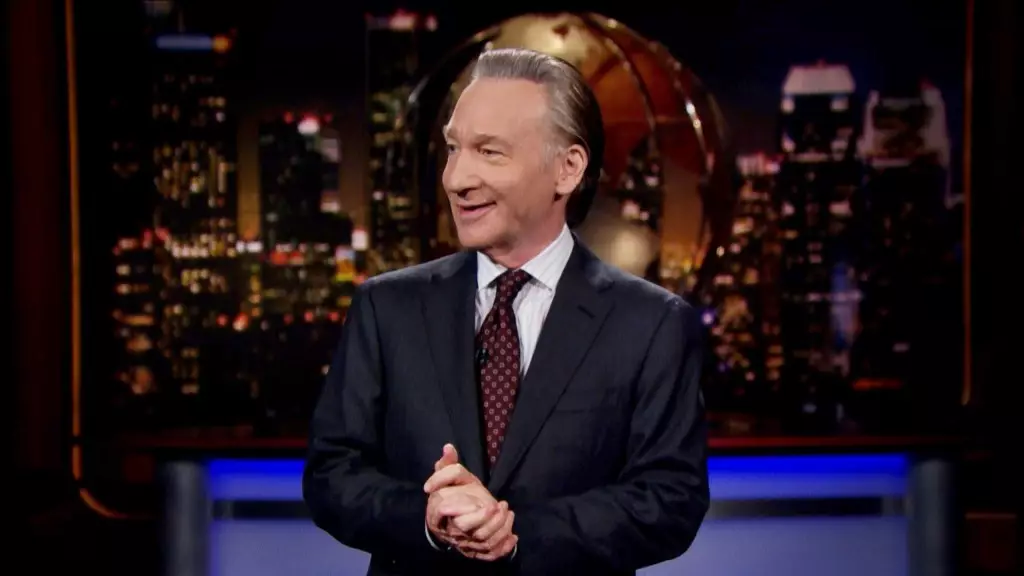As the presidential election looms on the horizon, it seems that we have already hit a saturation point when it comes to talking points. Bill Maher, in his recent editorial on Real Time, expressed his frustration with the repetitive nature of political discourse in the current climate. It is disheartening to hear the same tired complaints about the economy and other issues being regurgitated over and over again. Maher highlighted the absurdity of attributing the death of the American dream to the rising price of candy bars, pointing out the hyperbole that pervades political discussions.
Maher questioned whether it is healthy to lay the blame for every problem at the feet of President Joe Biden. He pointed out the growing number of voters who identify as independents, attributing this shift to the mindless partisanship that dominates our political landscape. The incessant finger-pointing and tribalism only serve to further divide us as a nation, preventing us from finding real solutions to the challenges we face.
Looking ahead to the upcoming months, Maher predicted that we are in for a largely futile campaign season. He highlighted the absurdity of choosing between a candidate who struggles to walk up stairs and one who struggles to walk down a ramp. The lack of substantive debate and meaningful dialogue only serves to reinforce the status quo, leaving little room for genuine progress.
During a panel discussion on Real Time, guests Van Jones and Ann Coulter delved into the issues of gun violence and urban crime. Coulter attributed the root cause of urban violence to the absence of fathers in the home, while Jones emphasized the importance of proactive policies and programs to steer youth away from trouble. These differing perspectives shed light on the complexity of the issues at hand and the need for comprehensive solutions that address underlying societal problems.
Dr. Jean Twenge, a professor of psychology, discussed the role of technology in shaping society and influencing generational trends. She warned of the continued decline in reading habits among younger generations, pointing to the influence of technology and social media. Twenge highlighted the rise of the “Polars,” a generation defined by polarization and environmental concerns, signaling a shift in values and priorities among future leaders.
The current political landscape is characterized by a repetitive cycle of talking points, partisan division, and superficial debates. To break free from this stagnation, we must move towards constructive dialogue, genuine solutions, and a deeper understanding of the complex issues we face as a society. Only by transcending the limitations of our current discourse can we hope to move towards a more productive and inclusive political environment.

